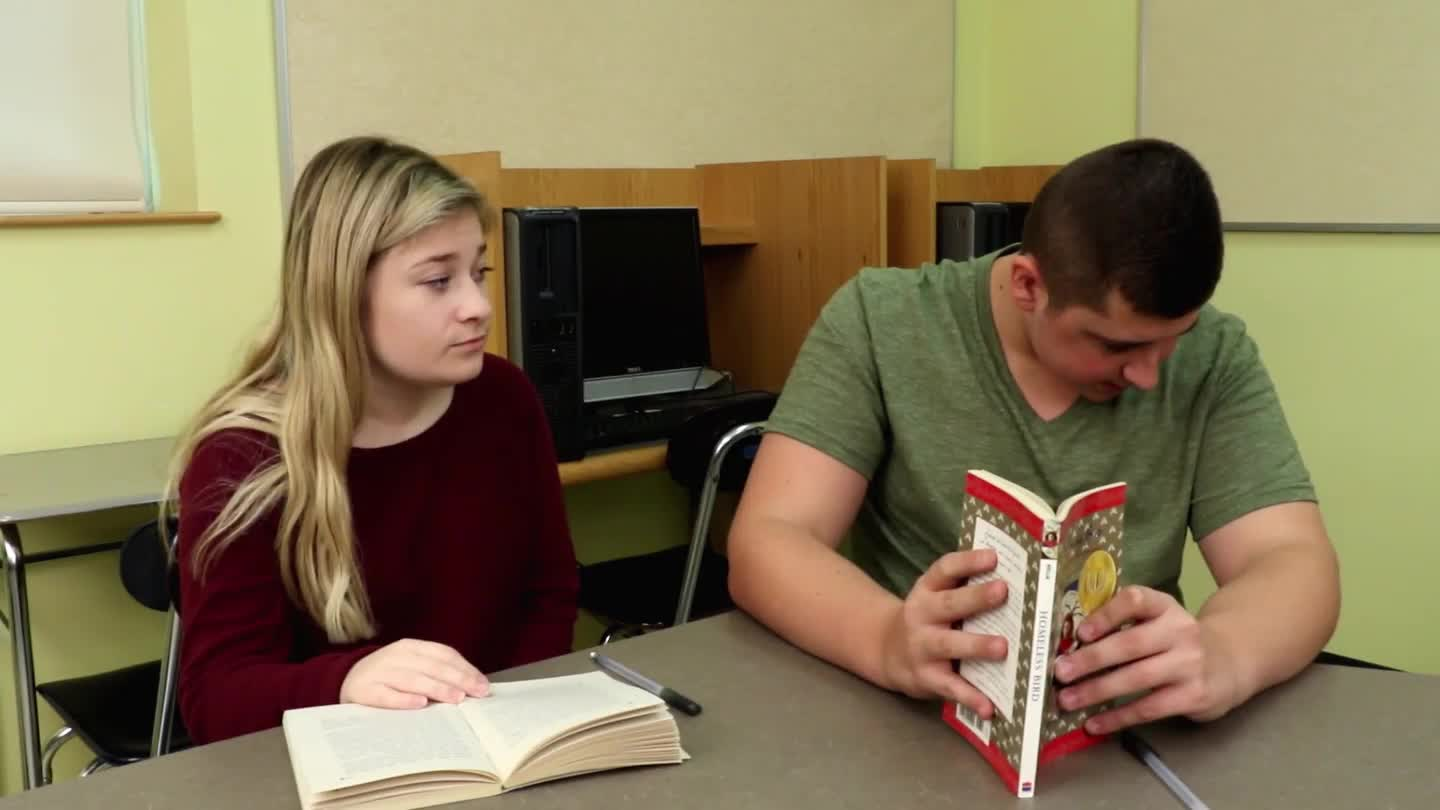
Reading people’s mood is a crucial skill to develop in special education, as it can significantly impact a student’s social interactions and emotional well-being. In this blog post, we will explore the importance of this skill, the role of specialists in its development, and share specific IEP goals and strategies to help improve students’ ability to read people’s mood.
Understanding Reading People’s Mood
Reading people’s mood is the ability to observe and interpret the emotions of others by paying attention to their facial expressions, body language, and tone of voice. This skill is essential in enhancing students’ social interactions, as it allows them to adapt their behavior according to the emotions of those around them. By improving this skill, students can create more positive social experiences and foster their emotional well-being.
The Role of Specialists
Various specialists can support the development of reading people’s mood in students:
- Speech-Language Pathologists: They can help students understand the nuances of tone of voice and teach them how to interpret and respond to others’ emotions effectively.
- Social Workers: They can provide guidance on recognizing and interpreting social cues, such as body language and facial expressions, to help students better understand the emotions of others.
- Psychologists: They can work with students to develop their emotional awareness and teach them strategies to cope with challenging social situations.
- School Counselors: They can offer support in developing students’ social skills and provide resources for improving their ability to read people’s mood.
IEP Goals for Reading People’s Mood
Here are some specific SMART IEP goals to improve students’ ability to read people’s mood:
-
Goal: The student will accurately identify the emotions of others in 4 out of 5 opportunities by observing facial expressions, body language, and tone of voice.
Strategies and Activities: Role-playing, emotion flashcards, and practicing emotion recognition through games and activities. -
Goal: The student will demonstrate appropriate responses to the emotions of others in 80% of observed social interactions.
Strategies and Activities: Social stories, modeling appropriate responses, and practicing empathy through group discussions and activities. -
Goal: The student will self-reflect and adjust their behavior based on the emotions of others in 3 out of 4 opportunities.
Strategies and Activities: Teaching self-monitoring techniques, providing feedback during social interactions, and encouraging self-reflection through journaling or discussions.
Implementing and Measuring Progress
To effectively implement these IEP goals and measure progress, consider the following tips:
- Collaborate with specialists to develop and implement strategies and activities tailored to the student’s needs.
- Regularly observe and document the student’s progress in reading people’s mood during social interactions.
- Provide ongoing feedback and support to help the student refine their skills and make necessary adjustments.
- Involve the student in the goal-setting and progress-monitoring process to foster a sense of ownership and responsibility.
Conclusion
Developing the ability to read people’s mood is crucial for students in special education to create positive social experiences and foster emotional well-being. By setting specific IEP goals, collaborating with specialists, and implementing effective strategies, educators can help students improve this essential skill. We encourage you to apply these IEP goals in your practice and invite you to explore more resources at Everyday Speech Sample Materials.





